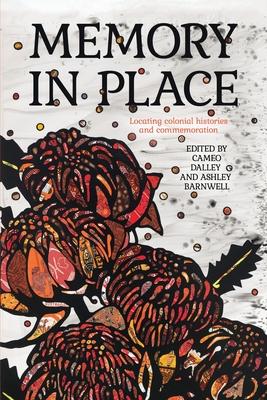Memory in Place brings together Indigenous and non-Indigenous scholars and practitioners grappling with the continued potency of memories and experiences of colonialism. While many of these conversations have taken place on a national stage, this collection returns to the rich intimacy of the local. From Queensland's sweeping Gulf Country, along the shelly beaches of south Sydney, Melbourne's city gardens and the rugged hills of South Australia, through Central Australia's dusty heart and up to the majestic Kimberley, the collection charts how interactions between Indigenous people, settlers and their descendants are both remembered and forgotten in social, political, and cultural spaces. It offers uniquely diverse perspectives from a range of disciplines including history, anthropology, memory studies, archaeology, and linguistics from both established and emerging scholars; from Indigenous and non-Indigenous contributors; and from academics as well as museum and cultural heritage practitioners. The collection locates some of the nation's most pressing political issues with attention to the local, and the ethics of commemoration and relationships needed at this scale. It will be of interest to those who see the past as intimately connected to the future.

Memory in Place: Locating colonial histories and commemoration
Memory in Place brings together Indigenous and non-Indigenous scholars and practitioners grappling with the continued potency of memories and experiences of colonialism. While many of these conversations have taken place on a national stage, this collection returns to the rich intimacy of the local. From Queensland's sweeping Gulf Country, along the shelly beaches of south Sydney, Melbourne's city gardens and the rugged hills of South Australia, through Central Australia's dusty heart and up to the majestic Kimberley, the collection charts how interactions between Indigenous people, settlers and their descendants are both remembered and forgotten in social, political, and cultural spaces. It offers uniquely diverse perspectives from a range of disciplines including history, anthropology, memory studies, archaeology, and linguistics from both established and emerging scholars; from Indigenous and non-Indigenous contributors; and from academics as well as museum and cultural heritage practitioners. The collection locates some of the nation's most pressing political issues with attention to the local, and the ethics of commemoration and relationships needed at this scale. It will be of interest to those who see the past as intimately connected to the future.